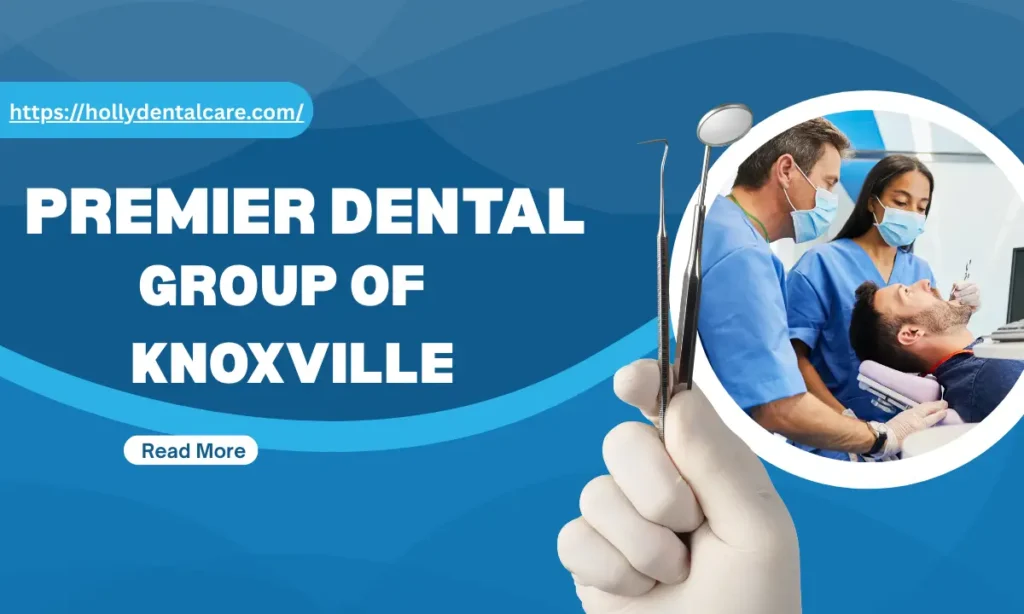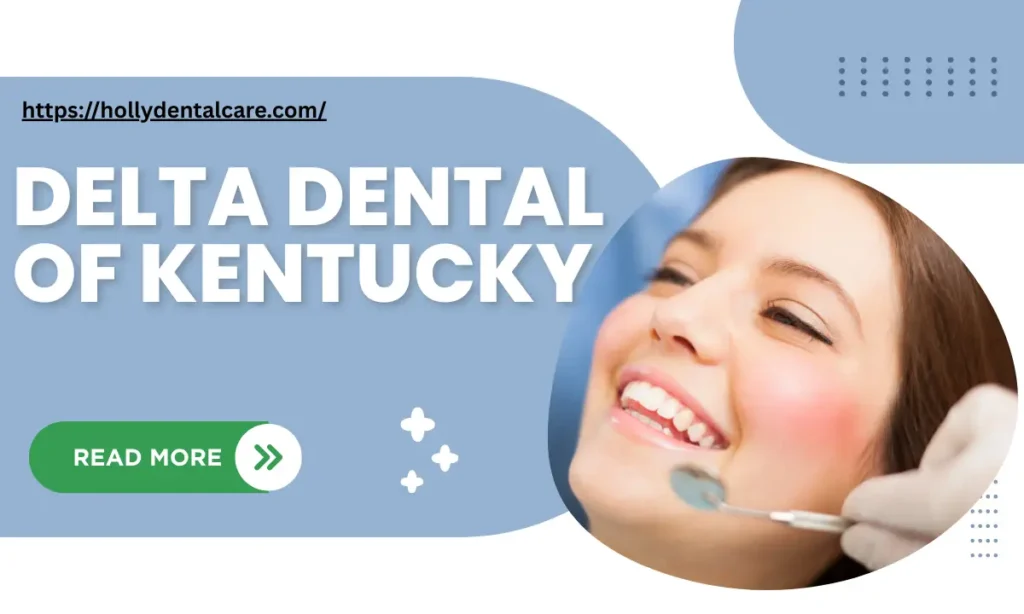Embarking on a career in healthcare opens up numerous opportunities, with dentistry being a particularly rewarding path. You may wonder how to get started and what options lie ahead. If you’re passionate about oral health and patient care, dentistry could be your gateway into a fulfilling career.
Dentistry is not just about cavities and braces. It’s a field that continually advances with technology, offering diverse specialties and opportunities for growth. You’ll find that a career in dentistry allows you to make a significant impact on people’s lives, helping them maintain their health and confidence.
Beyond the dentist’s chair, the healthcare field offers many pathways, such as dental hygiene, orthodontics, and maxillofacial surgery. Whether you’re looking to study long-term or want a more direct approach, there’s a role for you. Exploring these diverse opportunities can help you find the right fit in the healthcare field.
Exploring Careers in Dentistry
Dentistry offers a range of opportunities, from general practice to specialized fields. Understanding the role and education needed for a career in dentistry can open doors to various pathways.
What Does a Dentist Do?
Dentists are responsible for diagnosing and treating oral health issues. They perform examinations, cleanings, and dental procedures to ensure patients maintain healthy teeth and gums. Dentists also educate patients about oral hygiene practices and preventive care.
The tools of a dentist’s trade include drills, x-ray machines, and other specialized equipment. Their role extends beyond treatment to include managing patient records and coordinating care with dental specialists for comprehensive oral health management.
Educational Pathways to Becoming a Dentist
Becoming a dentist requires a significant educational commitment.
- Undergraduate Study: You’ll start with a bachelor’s degree, often in biology or a related field.
- Dental Admission Test (DAT): Passing the DAT is necessary for admission into dental school.
- Dental School: This usually takes four years and culminates in a Doctor of Dental Surgery (DDS) or Doctor of Dental Medicine (DMD) degree.
- Licensing: Dentists must pass national and state exams to practice. Continuing education is crucial to staying updated with dental advancements and maintaining licensure.
Specializations Within Dentistry
Dentistry offers several specializations for those interested in focusing on specific areas. Orthodontists correct teeth and jaw alignment issues using braces such as ceramic braces or other devices. Periodontists specialize in gum health and treatment of gum diseases.
Pediatric dentists focus on oral health care for children. Oral and maxillofacial surgeons handle complex surgeries of the mouth and jaw. Each specialty requires additional training and certification but offers the chance to work in diverse and rewarding fields that improve patient health in unique ways.
Beyond Dentistry: Other Healthcare Professions
Exploring healthcare means discovering various career opportunities beyond traditional dentistry. Paths such as dental hygiene, patient care roles, and technology-driven careers offer unique experiences and rewards.
Opportunities in Dental Hygiene and Assisting
As a dental hygienist, you play a key role in promoting oral health. Your tasks include cleaning teeth, examining patients for oral diseases, and providing preventive care. It’s a rewarding job for those passionate about education and patient interaction.
Dental assistants support dentists in routine procedures, ensuring patients have a positive experience. You’ll handle administrative duties, prepare dental instruments, and assist with procedures. This role suits those who enjoy multitasking and interacting with patients daily.
Allied Health Roles in Patient Care
Allied health professionals improve patient outcomes through varied roles. You might work as a physical therapist, helping patients regain mobility, or as a radiologic technologist, assisting in diagnostics.
Occupational therapists focus on helping patients enhance their daily living and working skills. Respiratory therapists treat patients with breathing issues. Each of these roles has a direct impact on patients’ lives, combining technical skills with compassionate care.
Emerging Careers in Healthcare Technology
The intersection of healthcare and technology is creating new careers. Health informatics professionals manage essential medical data, enhancing treatment efficiency.
If you enjoy problem-solving, consider a career in biomedical engineering, where you can design medical devices that enhance patient care. Telehealth services are expanding, creating roles in remote patient monitoring and virtual consultations. These careers require tech-savvy individuals interested in healthcare innovation.
Preparing for a Future in Healthcare
Navigating the path to a healthcare career requires foresight and dedication. You’ll want to gather relevant experience early, navigate admissions smartly, and ensure your passion aligns with professional goals.
Building Relevant Experience Early On
Gaining early healthcare experience lays a strong foundation for your career. Volunteer at hospitals or clinics, shadow professionals, or work part-time in healthcare settings to gain valuable hands-on skills and understand daily operations.
Participating in workshops and seminars deepens your knowledge and technical skills. These activities enhance your resume and help you stand out when applying to programs or internships. Building a network within the healthcare community can also open doors for mentorship and job opportunities.
Navigating Admissions and Applications
Applying to healthcare programs can be challenging, but preparation is key. Research specific requirements and deadlines for each program, including tests, prerequisites, and recommendations, to streamline the process.
Many students also benefit from access to online HE Diploma for Medicine programs, which can provide flexible study options and foundational knowledge before entering formal healthcare education.
Write a compelling personal statement that reflects your experiences and motivations. Highlight what you’ve learned and how you can contribute. Keep your resume clear and focused on relevant achievements.
Connecting with advisors or current students can provide valuable insights and help your application stand out.
Balancing Personal Motivation with Professional Goals
Understanding your personal motivation and setting professional goals are crucial in healthcare careers. Reflect on what drives you—whether personal experience, helping others, or interest in medical science—and align your passion with your career path for fulfillment.
Set clear, attainable short- and long-term goals to guide your journey. Regularly reassess these goals to stay adaptable in the evolving healthcare field, ensuring your career remains rewarding and aligned with your values.
Conclusion
Choosing a career in healthcare—whether in dentistry or another field—offers a chance to make a meaningful impact while pursuing professional growth. From clinical roles like dental hygiene to cutting-edge opportunities in healthcare technology, the paths are as varied as they are rewarding.
By gaining hands-on experience, staying informed, and aligning your personal passion with your goals, you can build a fulfilling future in healthcare. Whether you envision yourself helping patients smile brighter or innovating behind the scenes, your journey starts with a single step—and the possibilities are wide open.



